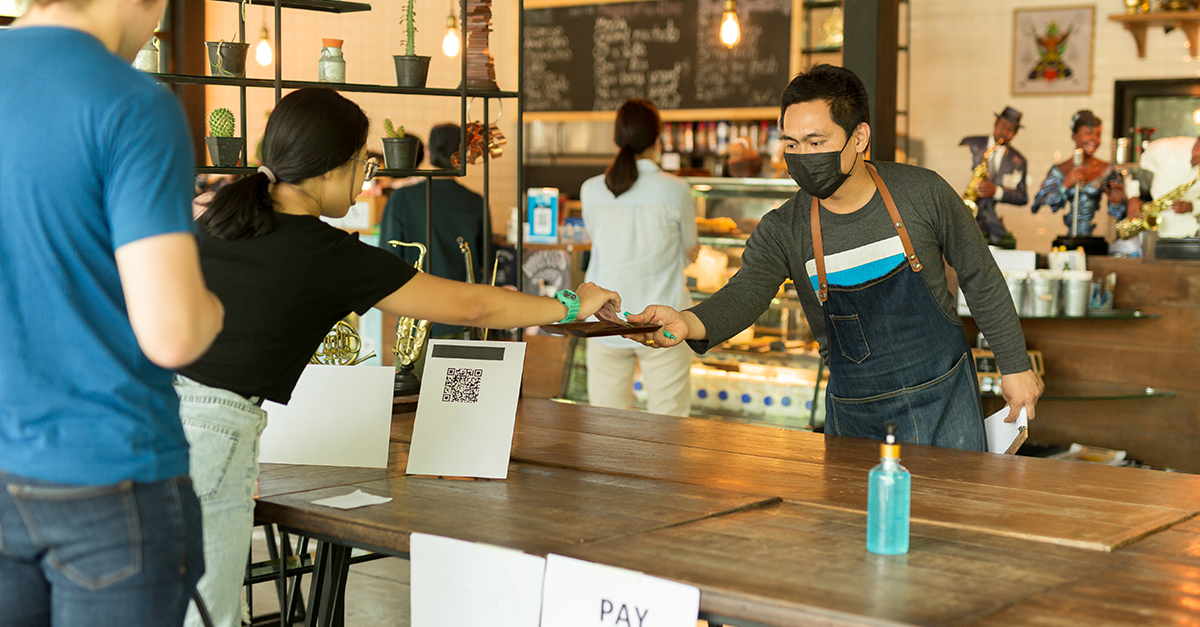Amritsar, NFAPost: A major change is being witnessed in consumer behaviour, as a result of Covid-19 pandemic, driven mainly by health, technology adoption, and hyper-localisation, and some of these changes could be fundamental in nature, a survey by EY showed.
The report — “Life in a pandemic” — is based on the survey responses of 2,033 Indian consumers across the urban, adult population in the country and explores areas where a major shift has occurred in the general behaviour of consumers and has transformed the way people work, study, live and play, which includes digital acceleration, hyperlocal and online communities, healthy living, digital content consumption, and privacy and safety, EY said.
The study showed 80% of the respondents stated that they were eating healthier and strictly only home-cooked meals.
Around 95% of the respondents have accepted work from home (WFH) as the new normal, with 55% stating that they are likely to advocate for WFH post the pandemic as well.
In the case of students, around 80% have shifted to online education and among them about 46% are open to continuing with online learning post the pandemic.
Social interactions have also undergone a major change with widespread adoption of digital applications. About 78% of the respondents said they are using video conferencing platforms to stay connected with friends and family.
“There is a clear paradigm shift in consumer behavior towards online, even in traditionally offline categories. Consumers are ‘cocooning’ at home to keep themselves safe from the pandemic. To win in adversity, companies need to tailor strategies to today’s unique context, said Shashank Shwet, Partner – Customer Experience and Design Thinking.
Shwet added that “Brands that will be nimble enough to capture the pulse of these changes, make timely alterations to their modus operandi and add digital and convenience as a service will thrive in these unprecedented scenarios.”
The findings also indicated that consumers are experiencing positive changes in their physical and mental health, as a result of the new behaviours adopted during these times.
About 65% respondents stated that increased family time has strengthened their relationships.
The report showed that though the majority of the respondents continue to feel overwhelmed by uncertainties clouding the future, they indicate an intention to continue their newly adopted behaviors post COVID-19.
The study also cited that as the country moves to the next and beyond horizon of the pandemic, a large part of the population will continue to remain cautious, with most transactional activities like shopping in a mall, travelling, eating out, going to the theatre etc. continuing to be at halt.
Some major changes in consumers’ behaviour noted in the survey:
- Sensitivity to anxiety caused by the pandemic is the need of the hour: 70% of the population continues to grapple with fear and anxiety. Therefore, brands must exercise caution and practice empathy while serving customers.
- Health and fitness are top of mind: With mental wellbeing becoming a major priority, there was a steep uptick in consumption of online fitness and health programs. Online doctor consultations gained momentum too, with 32% respondents having availed these services. 80% of the population continues to focus on improving their eating habits with 56% engaging in housework and 32% are participating in home workouts.
- Interactions with the local community: While consumers are leveraging digital tools to stay connected, it was observed that 55% of the respondents encouraged each other to adhere to the lockdown. Local communities are back in the spotlight with 1/5th wanting to be more connected to their neighbours.
- Consumers are postponing big ticket expenses: Around 43% of respondents stated that they will reduce big ticket spends across categories like automobile, travel and consumer durables.
- Consumers are concerned about their online safety: 79% respondents reported that they avoid visiting unknown websites and services. Further, to protect their identity, they refrain from sharing personal data and frequently delete cookies.





